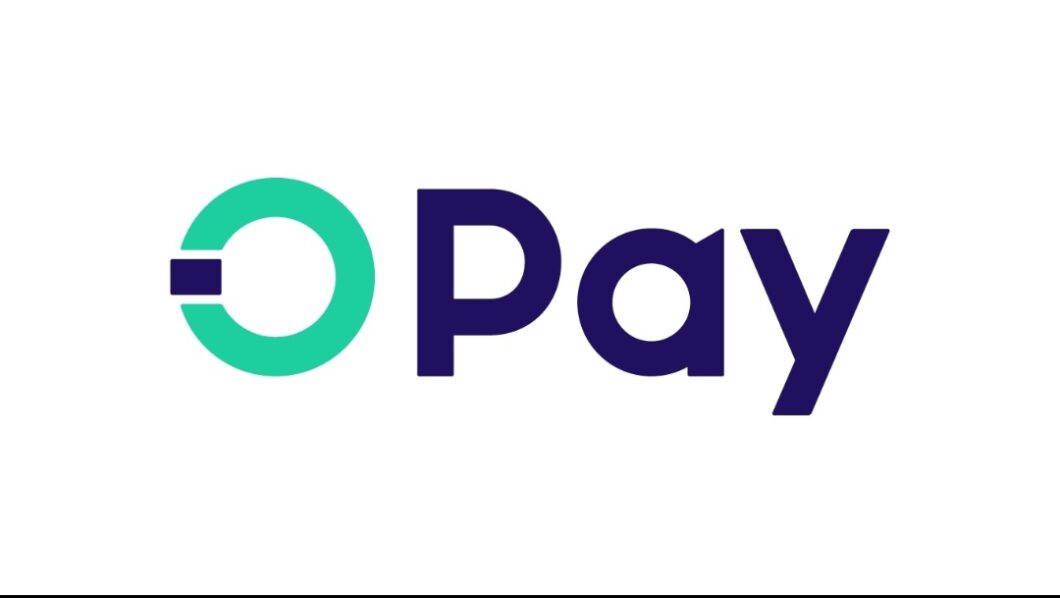
Home delivery of passport from June 2024
On this page of business metrics, this information is how the Federal government of Nigeria assuring the citizens of home delivery of passport from June 2024, than visiting immigration service office for collection as before.
It has occurs at the Nnamdi Azikiwe International Airport on Friday, May 24, 2024, in Abuja when the minister of interior Olubunmi Tunji-Ojo, during an inspection of the electronic gates. Mr. Tunji-Ojo said the delivery will not include all the States at first instance to avoid overloading and system breakdown.
The minister said that Nigerian Immigration Service in a short while would start home their first instance delivery in Lagos, Port Harcourt, Kano, and Abuja.
The minister stated that for Nigerians in the diaspora, the home delivery service would initially commence in the United States and the United Kingdom, with preliminary testing to ensure its effectiveness.
Initial data Centre challenge
“Tunji-Ojo explained that the delay in implementing home delivery was due to a lack of data canters.
He noted that the NIS had been relying on a private company’s data Centre and emphasized the need for a permanent solution to this problem.
The minister said, “We have completed the whole solution but when we came on board, we realized that the data Centre was not really there. Moreso, We leveraged on a private company data Centre to appreciate them for their assistance and also think that it is better to create a permanent solution to problems rather than quick fixes.
It would have been done in February, but we had to build our data Centre from scratch to keep the integrity of our data and national security intact. This is more important. It is disgraceful that NIS is 61 years old and NIS is a custodian of biometric data of Nigeria and we believe that NIS should be in charge of the data of Nigeria.
“It is not acceptable that this data is domiciled in a third party and that is why we have been able to do this.’’
The minister, however, noted that the data centre has been constructed and the passport delivery issue resolved.
He said, “It is about national security and I can assure you that It is comparable with anyone you can find anywhere in the world.
“We have built the data centre, sorted the passport delivery solution and done the final presentation in terms of technology deliverables and the tracking solution which will all be embedded in the application we have so we do not create multiple lines of failure.”
Electronic visa processing time now 48 hours
The minister states that the final presentation of the electronic visa is in place for the start. In addition, he added that it will reduce the visa processing time from 72 hours to 48 hours.
“The passport automation process is almost complete,” The minister said
Overview of home delivery of passport from June 2024
The Minister of Interior, Tunji-Ojo had earlier in October 2023 hinted that Nigerians would be able to have their passports delivered to their homes, offices, or any other location of their choice with effect from February 2024.
Fact about the new development of home delivery of passport from FG
The announcement made by the Minister of interior to introduce home delivery of passports from June 2024, is a welcome development that aims to enhance the convenience and efficiency of the passport application process. This new initiative will undoubtedly benefit citizens in several ways as follows:
1. Convenience: Citizens will no longer need to physically visit the Immigration Service office to collect their passports, saving time and effort.
2. Reduced congestion: The home delivery system will help decongest the Immigration Service offices, making it easier for those who need to visit the office for other services.
3. Increased accessibility: This service will be especially beneficial for citizens living in remote or hard-to-reach areas, who previously had to travel long distances to collect their passports.
4. Transparency and tracking: The home delivery system will likely include tracking and updates, allowing citizens to monitor the status of their passport delivery.
5. Reduced corruption: By minimizing physical interactions, the home delivery system may help reduce the risk of corruption and extortion.
6. Efficient use of resources: The government can optimize resources and reduce the need for physical storage space, as passports will be delivered directly to citizens.
7. Enhanced citizen experience; This initiative demonstrates the government’s commitment to improving the overall citizen experience and leveraging technology to enhance public services.
Conclusion
By introducing this innovative solution, the Federal Government of Nigeria is taking a significant step towards enhancing the convenience, efficiency, and transparency of public services, aligning with global best practices in passport issuance and delivery.







